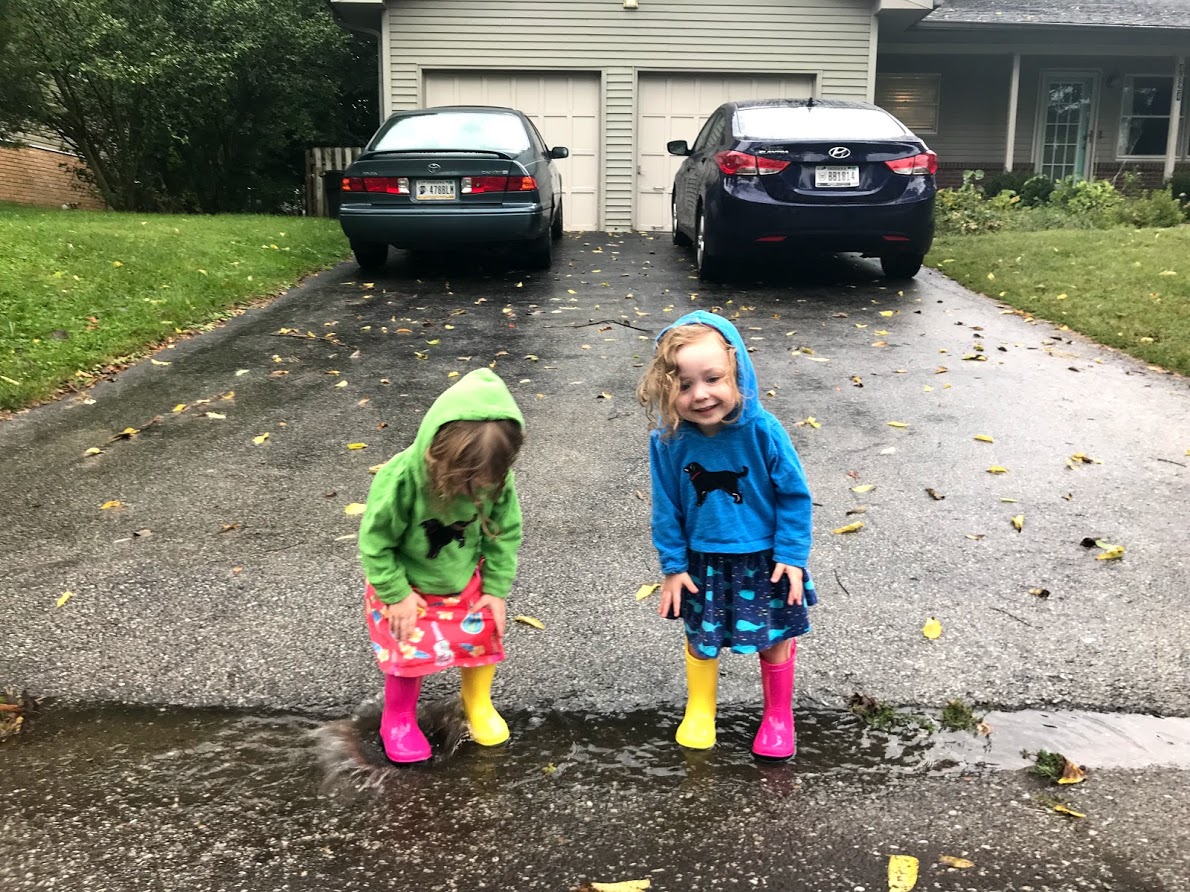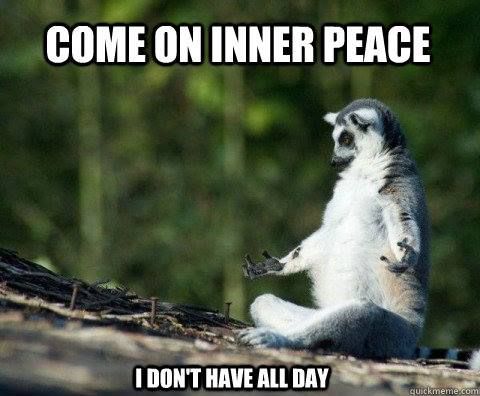2 Easy Ways to Choose a Goal
Any good goal comes in three parts:
- What you do BEFORE the goal
- What you do DURING the goal
- What you do AFTER the goal
Since there is so much fun stuff to talk about related to these parts, the next few blog posts are going to be part of a series explaining each of those more in depth.
So to start us off, what are some of the steps we should take BEFORE we start a goal?
In all of the research I have done, and in my own personal experiences, it is clear to see that vast majority of the work needs to take place in this very first part.
In order to start a goal, we must first have a good understanding of not only what is important to us, but why it is important to us as well.
So to help you do that, here are two ways to choose what your goal is going to be:
1. Do a “Stop, Start, Continue”.
If you are not quite sure where to start, this activity can work wonders. I originally learned about it from a former boss, and she learned it along the way from someone else.
The premise is pretty simple; all you do is ask yourself three questions:
- What would I like to START doing that I am not currently doing?
- What am I doing that I would like to STOP doing?
- What am I doing well or enjoying that I would like to CONTINUE doing?
You can change this activity slightly based on the situation as well. For example, you could consider these questions focusing on work, or your personal life, your health, finances, etc. There is no right or wrong way to do this.
Afterward, you may have a general idea of what your goal may be. Once you have that, you can move on to the second way to help choose your goal:
2. Ask yourself “Why?” five times.
Choosing the goal is not quite enough; you must also have a firm grasp on why it is important to you. This is essential because if and when things get difficult, it helps to have a solid reasoning to fall back on for why you started this goal in the first place.
Additionally, this activity is a good idea because you can make sure the goal is something that is even worth doing for you before you spend too much time, energy, or money on it.
Doing this is pretty simple. Consider your goal, and ask yourself why it is important roughly five times (or however many times it takes) to get somewhere deeper and more meaningful.
For example, one of my work goals is to submit an article to a publication that I have never written for before. It’s something that I have had on my mind for several months, but I have not done any work to get this goal started, so I figured doing this activity to connect it to a deeper motivation may be helpful.
So here we go:
Liz: I want to submit an article to a new publication.
Why #1: Why is this important to you?
Liz: Because I like to challenge myself to do new things.
Why #2: Why is this important to you?
Liz: Because I like to be constantly gaining a new skill or experience.
Why #3: Why is this important to you?
Liz: Because I don’t want to feel stale, and I like the idea of being able to reinvent myself if needed.
Why #4: Why is this important to you?
Liz: Because when it comes to work especially, the people that have influenced me the most (my parents and my Grandpa Art to name a few) all had or have a strong work ethic, curiosity, and a desire to take on new challenges.
Why #5: Why is this important to you?
Liz: Because I want to be a similar role model for my daughters.
I have to say, before doing this activity, I would not have guessed that a project like writing an article would somehow connect to being a mom, but it does.
By doing this I can see what is important to me most of all: to choose goals that will help me be the kind of role model and mom that I want to be. Perhaps writing the article is one way to do that, or perhaps I should focus on something else. But the point is, I know which general direction I should be heading.
So there you have it! Two simple activities to get you started. But before you run off to try these for yourself, consider this:
How much time do you typically spend in the BEFORE the goal stage? Is it enough?




